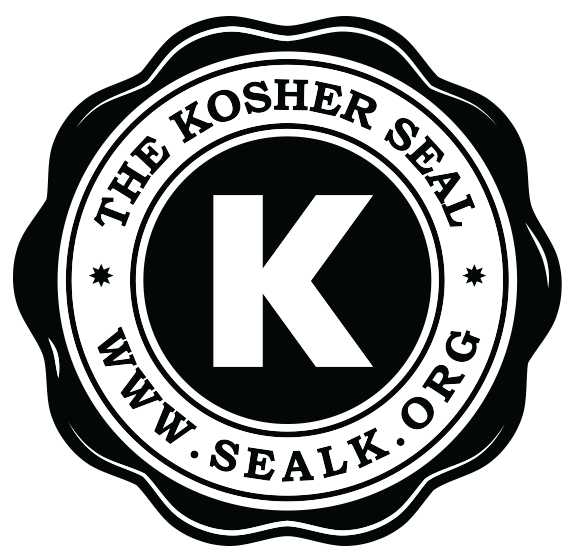Kosher Questions
Kosher FAQ
Does kosher apply to skin care products?
The products are obviously not intended for oral consumption. The question however is, whether there is a limitation of absorption through the skin similar to oral consumption?
In general, skin care products such as Eczema Relief Cream (or similar creams and ointments), used to treat health conditions do not require kosher certification.
However, products such as Body Wash, Massage Oils and Beauty Creams which are not intended for medical treatment, kosher certification is recommended.
In addition to the overall inspection, the process may involve inspection of animal-derived ingredients (such as animal glycerin, bovine stearates etc.)
Passover has special stringencies. Most products require additional analysis to verify Passover use.
What is required for an egg company to qualify for kosher certification?
Eggs from a kosher bird are kosher.
Once the eggs are cracked and packed as liquid eggs, kosher supervision is required to insure the kosher-status throughout the process.
Is kosher certification needed when a product uses only kosher ingredients?
Various types of food may be kosher in their natural state, such as most fruits and vegetables. However, some fruits (such as figs and dates etc.) and vegetables (such as lettuce, Brussels sprouts, kale and many leafy green vegetables) may be prone to insect infestation. Knowing how to check for insects, and how to remove them when found (if the product can be used at all) requires expertise. When such products are mixed into other foods without being thoroughly checked, the entire mixture may become non-kosher.
Similarly, ingredients which may be kosher in themselves can become forbidden when processed or cooked, or when mixed with other products. In addition, in today’s hi-tech food industry, many products are “enhanced” with preservatives, coloring, taste enhancers, and so on, which do not always appear on the ingredients list and may pose kosher problems. Even types of fish known to be kosher (i.e. fish with scales and fins) can be worm-infested and are often enhanced with coloring (e.g. salmon).
Above all, the equipment used to process naturally kosher ingredients may be used for non-kosher substances as well, thereby rendering the kosher ingredients non-kosher.
Some food products always require proper rabbinical supervision, such as ingredients or products derived from animals, and food prepared in a commercial kitchen or any food-service facility.
Accordingly, it is always best to buy products bearing a reliable kosher symbol.
Why is ‘Non-dairy Almond Milk’ marked as kosher “D” (Dairy)?
Q: I noticed a ‘non-dairy almond milk’ with a kosher “D” symbol, indicating the product is dairy. Can you please help me understand?
A: Different agencies may have different kosher protocols and guidelines they adhere to. For instance, when a non-dairy product was produced on previously used dairy machinery, (When no proper re-koshering was performed) some agencies mark the product D.E. (Dairy Equipment). Other kosher agencies will choose to simply classify the product as “D” (Dairy) even though the actual product contain no dairy ingredients.
How honey can be kosher if its derived from a bee that isn’t kosher?

